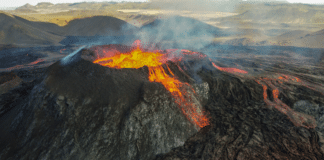Recent lawsuits against President Donald Trump’s executive actions could reshape the interpretation of presidential authority. Legal challenges are focused on the dismissal of federal officials, the reach of executive orders, and the limits of executive privilege. These cases may set important legal precedents on the balance of power between the executive branch and other government institutions.
One high-profile case involves Trump’s firing of Hampton Dellinger, head of the Office of Special Counsel (OSC), a position protected by law from arbitrary removal. Dellinger’s lawsuit argues that his dismissal violated federal statutes restricting presidential authority to remove independent agency leaders without cause. A federal judge temporarily reinstated him while the case proceeds, marking a significant legal confrontation over executive power.
Another legal battle involves Trump’s executive order seeking to limit birthright citizenship. Critics argue the order defies the 14th Amendment, which grants automatic citizenship to those born in the U.S. Legal experts suggest the case could reach the Supreme Court, potentially redefining immigration law and presidential authority on constitutional matters.
Trump’s dismissals of multiple inspectors general without notifying Congress have also sparked legal scrutiny. The removal of these oversight officials, who investigate government misconduct, has raised concerns about transparency and accountability. Lawsuits claim these firings violated legal provisions requiring just cause and congressional notification.
The courts will play a decisive role in determining whether Trump’s actions exceed constitutional limits. With a conservative-leaning Supreme Court, the outcomes of these cases could redefine the scope of presidential authority for future administrations. The legal battles will shape executive power, checks and balances, and the independence of government watchdogs.





